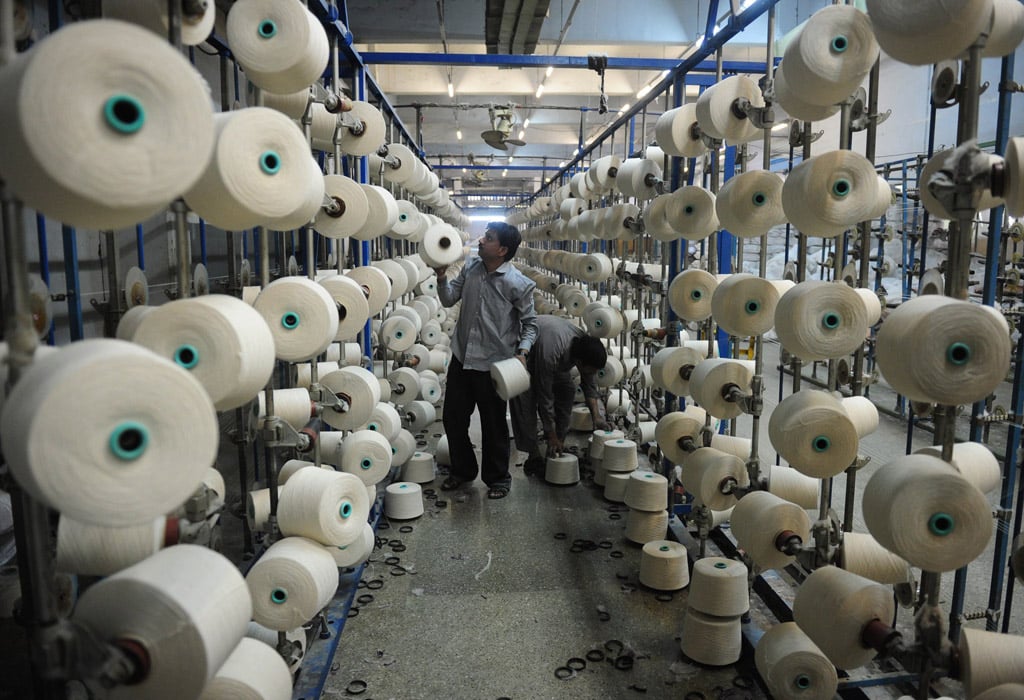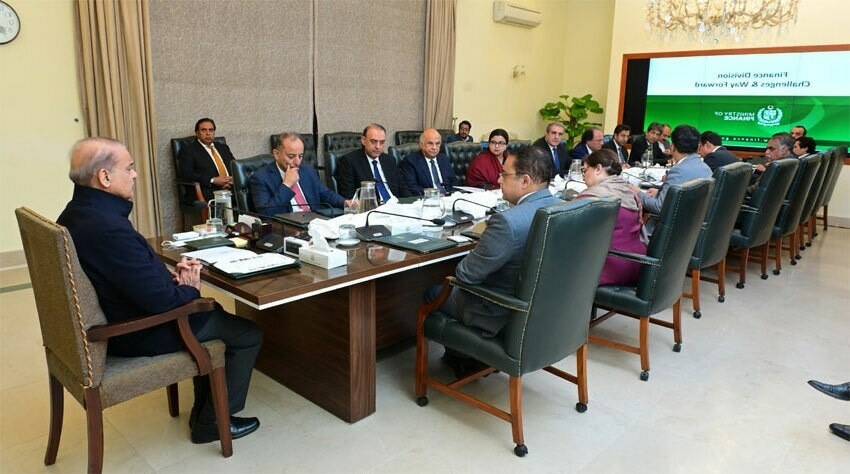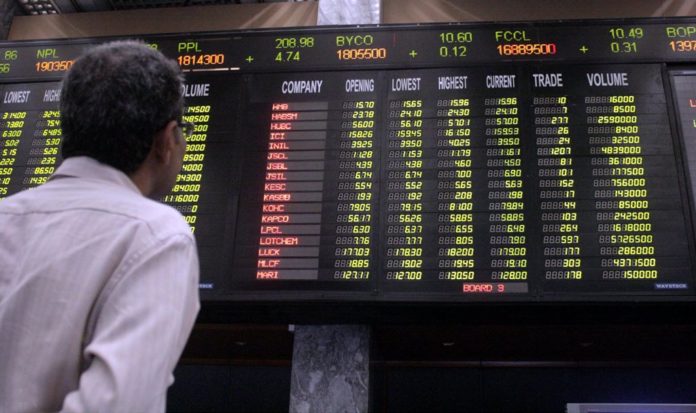PTBP Web Desk
textile sector, Colony Textile Mills Limited (CTM), a key player in the local yarn manufacturing landscape, has declared the shutdown of its weaving division. This decision comes as a response to an array of persistent challenges that have been documented in the company’s previous financial statements. The announcement was made through a notice to the Pakistan Stock Exchange (PSX) on Friday, marking a critical moment for the industry.
The notice from CTM stated, “In view of the multiple prevailing challenges as described in the company’s earlier reports, the company has decided to shut down its ‘Weaving Division’ with effect from 31st January 2025.” This step has been taken despite the company’s efforts to maintain operations in a sector crucial for Pakistan’s export earnings. However, the management remains optimistic about finding sustainable solutions, indicating that they are exploring options to potentially restart the division either partially or fully if a viable opportunity arises.
Founded under the now-repealed Companies Ordinance, 1984 (currently known as the Companies Act, 2017), CTM has been a significant entity in the textile industry since 2011. The company’s business spans manufacturing and selling yarn, fabric, and garments, alongside engaging in real estate trading. Despite its diversified operations, the latest quarterly financial results for the period ending September 30, 2024, reveal a substantial loss of Rs615.7 million, underscoring the financial strain on the company.
The textile sector in Pakistan is grappling with multifaceted issues as outlined in CTM’s last quarterly report. These include:
Diminished Demand: Both local and global markets have seen a contraction in demand for textile products.
High Inflation: An increase in inflation has raised the cost of goods and services, impacting profitability.
Costly Raw Materials: The price of raw materials has surged, squeezing margins.
Energy and Labor Costs: High energy tariffs and labor costs are making production more expensive.
Currency Fluctuations: Volatility in exchange rates has led to unpredictability in export earnings.
Taxation Burdens: Increasing government taxes have further burdened the sector.
Moreover, the global economic downturn described as an “international recession” adds another layer of pressure, making it harder for Pakistani textile manufacturers to compete on the international stage.
This week, the All Pakistan Textile Mills Association (APTMA) made a public plea to the Federal Board of Revenue (FBR), urging for intervention to save the beleaguered textile industry. APTMA’s request for restoring a level playing field through local input support and ensuring timely refunds of taxes and duties is seen as essential to prevent further decline. The association emphasized that these steps are vital not only for the survival of the textile sector but also for maintaining its significant role in Pakistan’s economy.
The closure of CTM’s weaving division might be a precursor to broader industry adjustments if the economic conditions do not improve. It serves as a stark reminder of the urgent need for policy interventions, support for local industries, and perhaps a reevaluation of the economic strategies that affect manufacturing sectors like textiles.




